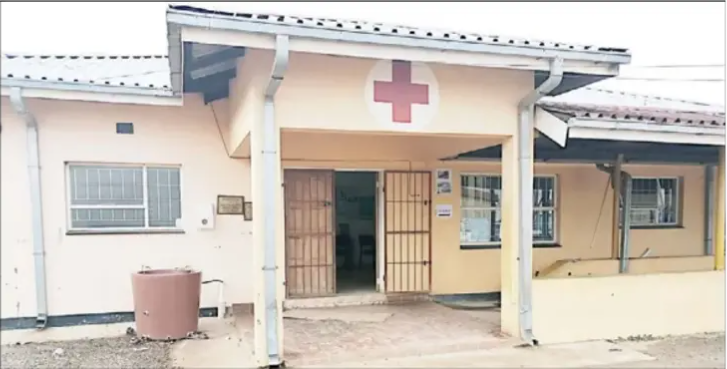By Ncaba Ntshakala
The Baphalali Eswatini Red Cross Clinics, located in Mahwalala, Sigombeni, and Silele, have reported a significant surge in patient numbers during the July-September 2024 period, according to the Deputy Prime Minister’s Office second quarter report for 2024/25.
The clinics provided healthcare services to a total of 34,727 people, surpassing their initial projection of 23,932 patients by 45%, equivalent to an additional 10,795 patients.
This unexpected increase was said to reflect a growing demand for long-term treatment plans, particularly for non-communicable diseases (NCDs), which continue to drive patients to these community-based healthcare facilities.
RELATED: Red Cross launches E12 million disaster relief project, to support over 30 000 emaSwati
The report indicates that the rise in patient numbers is largely attributed to a high influx of individuals requiring ongoing management of chronic conditions, including diabetes, hypertension, and other non-communicable diseases.
With Eswatini grappling with a rising prevalence of these conditions, community clinics have become vital lifelines for patients seeking consistent treatment, especially in underserved areas.
Additionally, the clinics observed a noticeable increase in the uptake of Pre-exposure prophylaxis (PrEP), an HIV prevention medication. Throughout the reporting period, there was a steady monthly rise in PrEP usage, signaling growing acceptance of this HIV prevention strategy among community members.

This trend has been welcomed by health officials, who see it as a positive step towards reducing new HIV infections in the country.
The quarter also saw a spike in the number of clients living with HIV visiting the clinics for their antiretroviral therapy (ART) medication.
This surge was attributed to the Ministry of Health’s new policy, which shifted from a monthly collection schedule to a more extended 3- or 6-month collection cycle for antiretroviral medications.
This change was designed to ease the burden on both patients and healthcare facilities, reducing the frequency of clinic visits while ensuring patients receive their essential medications in a timely manner.
RELATED: STAGGERING E433.9 MILLION LAUNDERED IN 2024 FIRST QUARTER
However, despite these successes, the Red Cross clinics have faced challenges, particularly with supply chain issues.
The report highlights that shortages in laboratory supplies and family planning commodities from the Central Medical Stores (CMS) affected the clinics’ ability to provide comprehensive services.
Nevertheless, healthcare providers managed to continue delivering critical services, albeit on a limited scale. In response to shortages in family planning resources, clinics relied on the distribution of condoms as an


